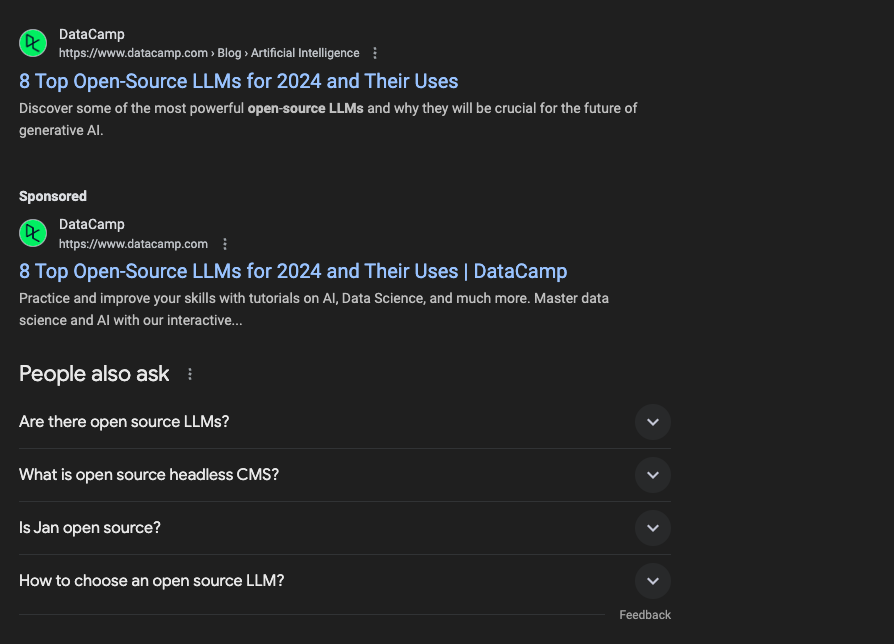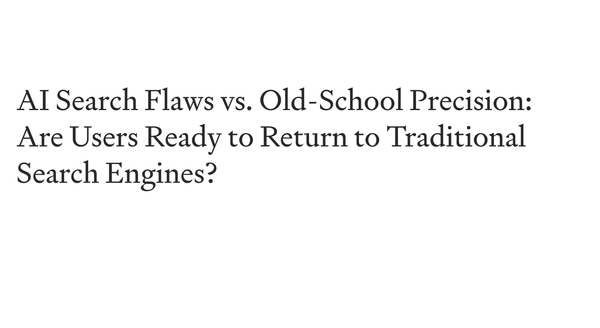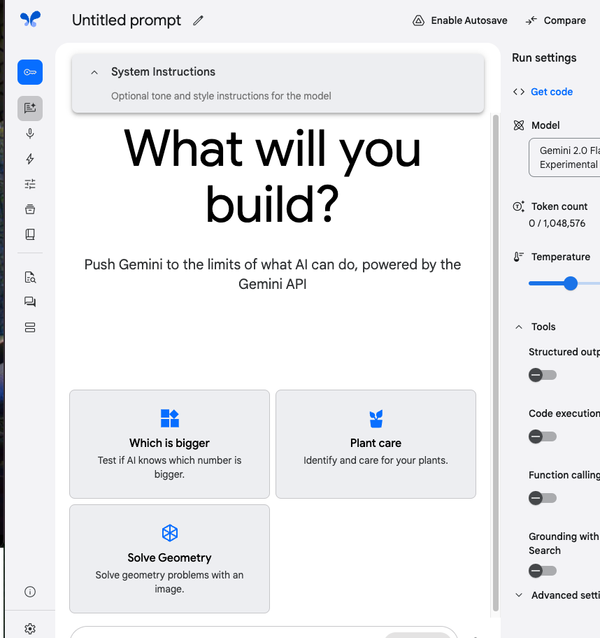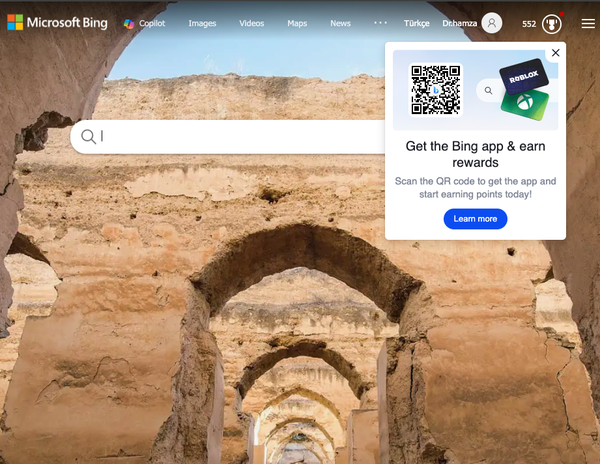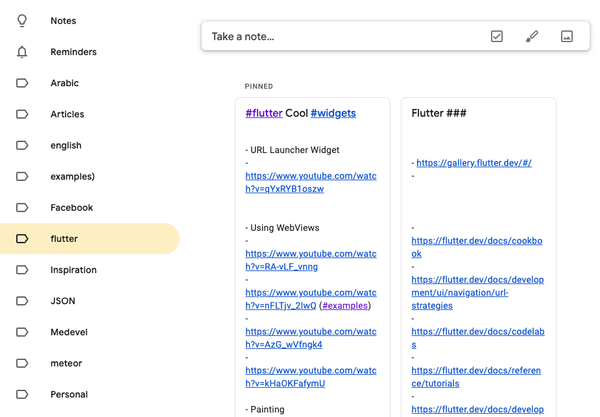It is not too late for Google Search to Recover! Why People Are Leaving Google Search?
Why People Are Leaving Google Search: What Went Wrong and How It Can Recover
Table of Content
Google’s search engine was once synonymous with reliability, precision, and simplicity. For years, it ruled the internet as the go-to platform for finding information quickly and effectively.
But as customer satisfaction with the platform diminishes, many users are exploring alternatives, as many now also prefer to use AI-based Search engines to replace Google.
From changes in search rankings to the overwhelming presence of ads, here’s what’s driving people away from Google and why its competitors aren’t yet the perfect replacement.
The Decline of Google Search
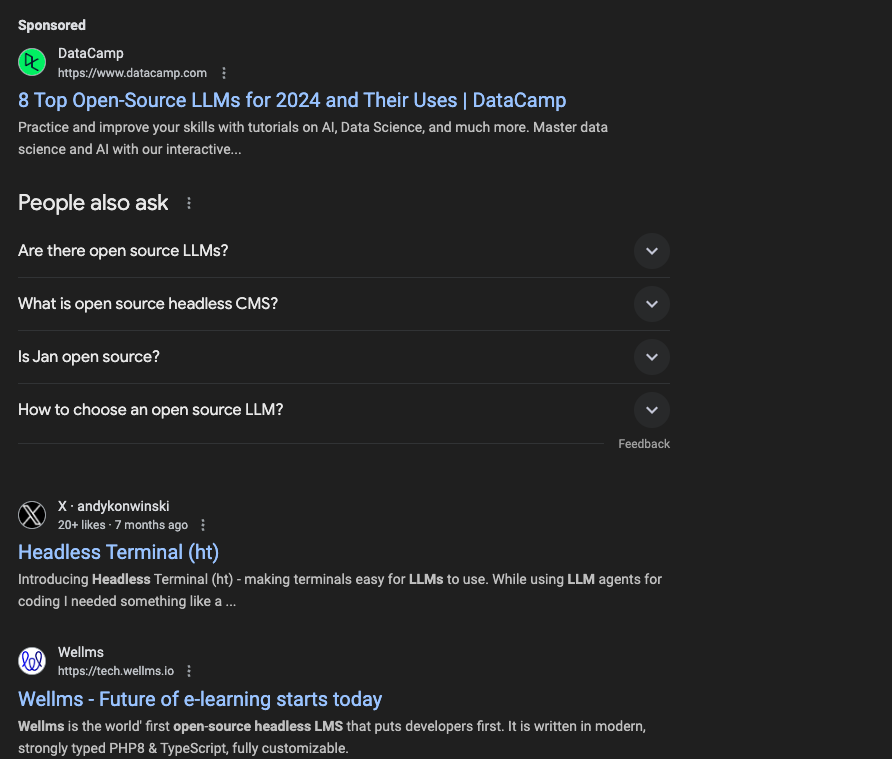
A Bloated Search Experience
Users are growing increasingly frustrated with Google’s cluttered search pages. The once minimalist and functional layout is now weighed down by sponsored ads, paid content, and distracting features.
It’s no longer easy to find exactly what you’re looking for, especially when top results are dominated by advertisements and user-generated opinions rather than expert knowledge or quality content.
One user’s sentiment captures the issue perfectly:
“Searching for information used to be intuitive. Now, it feels like I’m wading through an obstacle course of ads and irrelevant content.”
Broken Ranking Algorithms
Google’s focus on user-generated opinions and trending content over quality writing has harmed its search rankings. This shift prioritizes sensational or popular content rather than delivering accurate and useful results for end-users.
For customers seeking reliable information, this creates frustration and reduces trust in Google’s ability to meet their needs.

Alternatives: Promising But Not Yet Perfect
The dissatisfaction with Google has driven users to explore other search engines and tools. Platforms like Perplexity.ai , DeepSeek, and ChatRTX have gained traction among users looking for a cleaner, less ad-driven experience.
Some even resort to self-hosted search engines to regain control of their browsing experience.
Prelexoty and DeepSeek: A Mixed Bag
Alternatives like DeepSeek show promise with their minimalistic interfaces and less ad-focused results. However, they come with their own challenges.
Users often need to fine-tune their search queries multiple times to achieve the desired results.
One user commented:
“It’s better than Google in some ways, but the lack of refinement means more effort on my part. Sometimes, I’m left rewriting prompts over and over.”
The Problem with Chat-Based Search Tools
While chat-based search tools such as ChatRTX attempt to mimic human interaction, they often deliver conflicting or incomplete results.
This forces users to spend more time rephrasing and refining their questions—ironically, something Google search itself required before its algorithms began prioritizing ads.
But it is an educational experience for the AI, prompts users as well as service providers, so it is not wasted time nor "tokens".
What Google Can Do to Win Back Users
Google’s competitors are capitalizing on its current shortcomings, but they lack the scale, speed, and sophistication that made Google indispensable in the first place.
Here’s how Google can turn things around:
1. Restore Trust in Rankings
Google must refocus its search algorithms to prioritize quality, well-researched content over trending or user-generated opinions. This means giving users access to reliable, experience-based results, enhancing both customer satisfaction and end-user trust.
2. Simplify the Search Page
A clean, intuitive interface was one of Google’s greatest strengths. By reducing the clutter of sponsored ads and unnecessary features, Google can improve usability and reduce the frustration that’s driving users away.
3. Embrace Feedback
Listening to end-users’ frustrations and acting on them is critical.
Customers value a service that adapts to their needs, and Google’s scale gives it the opportunity to implement changes that enhance satisfaction across the board.
The Road Ahead for Search Engines
While alternatives like DeepSeek and Perplexity highlight the demand for change, they’re far from being a perfect replacement for Google.
For all its current faults, Google’s infrastructure and legacy still give it an edge—if it’s willing to learn from its mistakes.
The rise of competitors and the shift toward user-controlled tools signal a changing tide in how we access information. But Google’s potential to recover remains strong. By addressing its ranking systems and search page clutter, it can regain the trust of users who have been left disappointed.
Related Reading:
- Self-Hosted AI Search Engine: A User’s Guide
- How Google’s Search Changes Ruined the Results
- Google Messed Up Search: Here’s What Happened
The question remains: Will Google rise to the challenge or let its competitors redefine the future of search?

